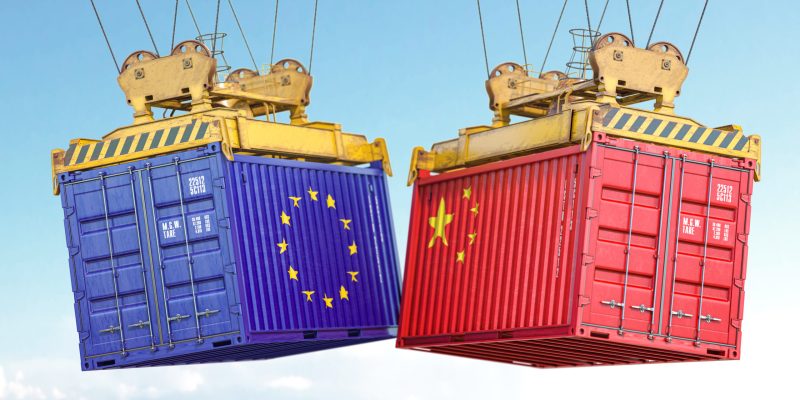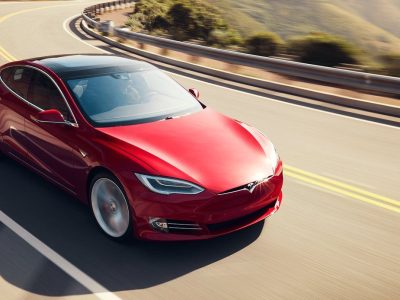
The European Commission on Friday announced that it had garnered sufficient backing in a vote among EU members to implement tariffs as high as 45% on imports of electric vehicles manufactured in China, marking the bloc’s most significant trade case and provoking the possibility of retaliation from Beijing.
The Commission, responsible for the bloc’s trade policies, has suggested final duties for the next five years in response to what it perceives as unfair Chinese subsidies following a year-long anti-subsidy inquiry.
A statement by the EC added,
In parallel, the EU and China continue to work hard to explore an alternative solution that would have to be fully WTO-compatible, adequate in addressing the injurious subsidization established by the Commission’s investigation, monitorable and enforceable.
The duties will enter into force in early November and be collected by customs officials.
Who voted, who abstained, who was against?
In the vote on Friday, 10 EU nations supported the tariffs, while five opposed them, with 12 abstaining.
To block the proposal, opposition from a qualified majority of 15 EU countries, representing 65% of the EU population, would have been necessary.
Countries that voted in favour included Bulgaria, Denmark, Estonia, France, Ireland, Italy, Lithuania, Latvia, the Netherlands and Poland.
The countries make for about 46% of the population in the EU.
Germany, the region’s largest economy and a key automotive producer, voted against the proposal, along with Hungary, Malta, Slovenia and Slovakia.
Hungary’s prime minister Viktor Orban on Friday warned that the EU risked entering an “economic cold war” with China if EU placed tariffs against Chinese vehicles.
Countries which abstained from voting included Belgium, the Czech Republic, Greece, Spain, Croatia, Cyprus, Luxembourg, Austria, Portugal, Romania, Sweden and Finland.
Bid to mitigate losses by carmakers
The EU executive had previously warned that without decisive action, European carmakers could suffer unsustainable losses, potentially leading to significant job losses across the continent.
The industry is already grappling with high energy prices, sluggish consumer demand, and fierce global competition.
Approximately 2.5 million direct jobs and 10.3 million indirect jobs in the EU could be at risk if no action is taken to address the competitive imbalance created by Chinese subsidies.
The additional tariffs will be layered on top of the existing 10% rate, meaning that some Chinese carmakers could face tariffs exceeding 45% when attempting to bring their vehicles into the EU market.
This is because EV producers in China that did not cooperate with the Commission’s investigation face a 35.3% tariff.
The specific tariffs vary by manufacturer, with notable rates set for Tesla (7.8%), BYD (17%), and Geely (18.8%), among others.
China’s reaction and ongoing negotiations
The resolution is expected to provoke a strong response from Beijing.
Chinese officials have already denounced the Commission’s probe as a “naked protectionist act” and have threatened retaliatory measures against EU sectors such as dairy, brandy, and pork.
This situation has raised concerns among EU capitals about the potential repercussions of escalating trade tensions.
In parallel, Chinese officials have engaged in intense negotiations with their EU counterparts, seeking a political solution to avoid the imposition of additional duties.
One potential solution under discussion involves establishing minimum prices for electric vehicles, although implementing this solution could be complex and subject to loopholes.
Despite the Friday resolution, negotiations between the EU and China are set to continue until October 30, the legal deadline established by the Commission’s investigation.
Germany, in particular, is prioritizing these talks, fearing that a tit-for-tat trade war could inflict further damage on its already sluggish economy.
Chancellor Olaf Scholz emphasized the importance of protecting the EU’s economy from unfair trade practices while ensuring that the response does not harm European interests.
The post EU pushes ahead with tariffs on Chinese EVs despite divided support appeared first on Invezz









